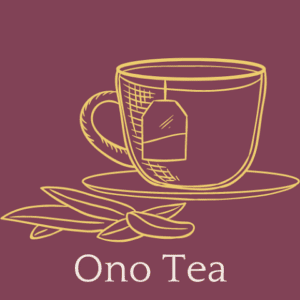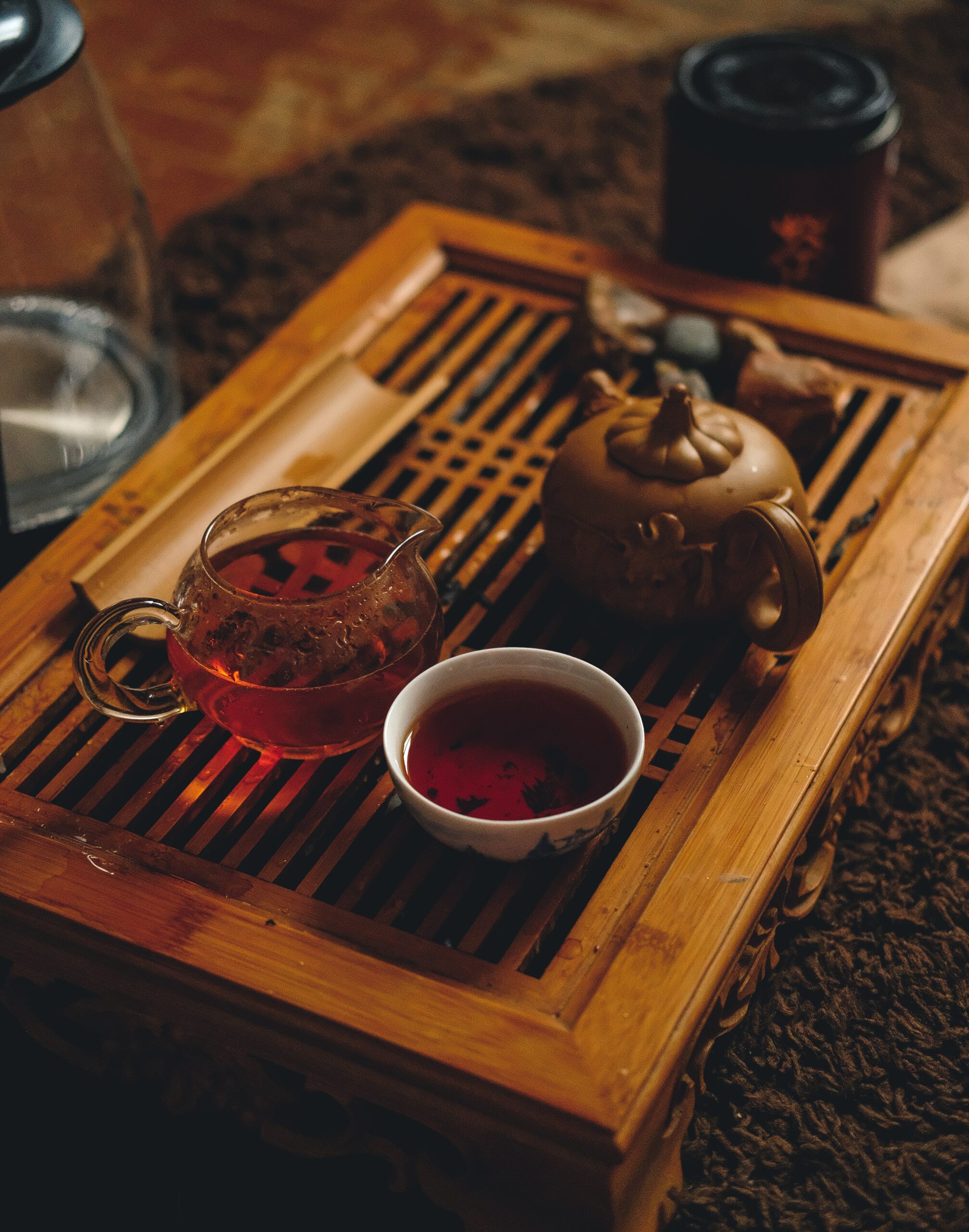As far as delicious oolong teas go, you will have a good time drinking Ruby Oolong Tea. If not for anything, for the fact that it’s organic and provides drinkers with healthy benefits while maintaining its sweetness. Not many beverages can do that.
The oolong leaf used for its production is deeply fermented oolong, slow-baked to bring out the depth of its rich flavor, from tropical fruits and raisins to black cherries, layers of cacao, and a brilliant red infusion.
You don’t need to search far and wide for Ruby Red Oolong Tea; we’ve got you covered. This article will cover brands you should consider and factors to consider when making a good purchase.
Ruby Oolong Tea
1. Santikhiri Milk Ruby Oolong
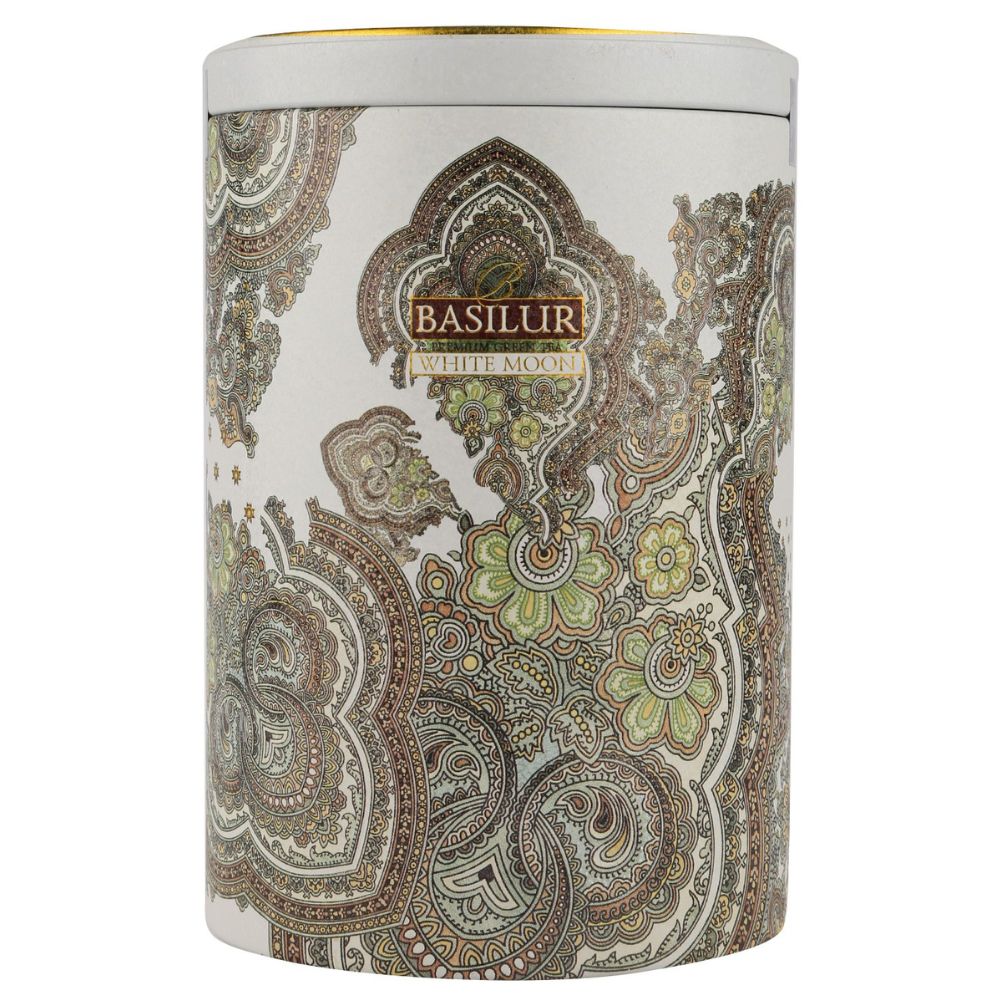
It’s easy to get overwhelmed by the many tea brands on the market; the question is, are they truly of good quality?
Santikhiri Milk Ruby Oolong has great quality and would satisfy your desire for good tea.
The brand sourced the tea from the plantation owner in Doi Mae Salong, in northern Thailand, who crafted it from the Jin Xuan cultivar, a popular choice for farmers because of its high yield.
The leaf flavor profile starts tangy and fruity before progressing to a sweeter flavor with floral notes and a clean honey aftertaste.
Pros
- It can be brewed three or more times.
- Has excellent quality
- Grown with credible cultivars
Cons
- It has caffeine, which might not bode well for caffeine-adverse people
- Not as easy to get
2. Spice & Tea Exchange Organic Ruby Oolong Tea
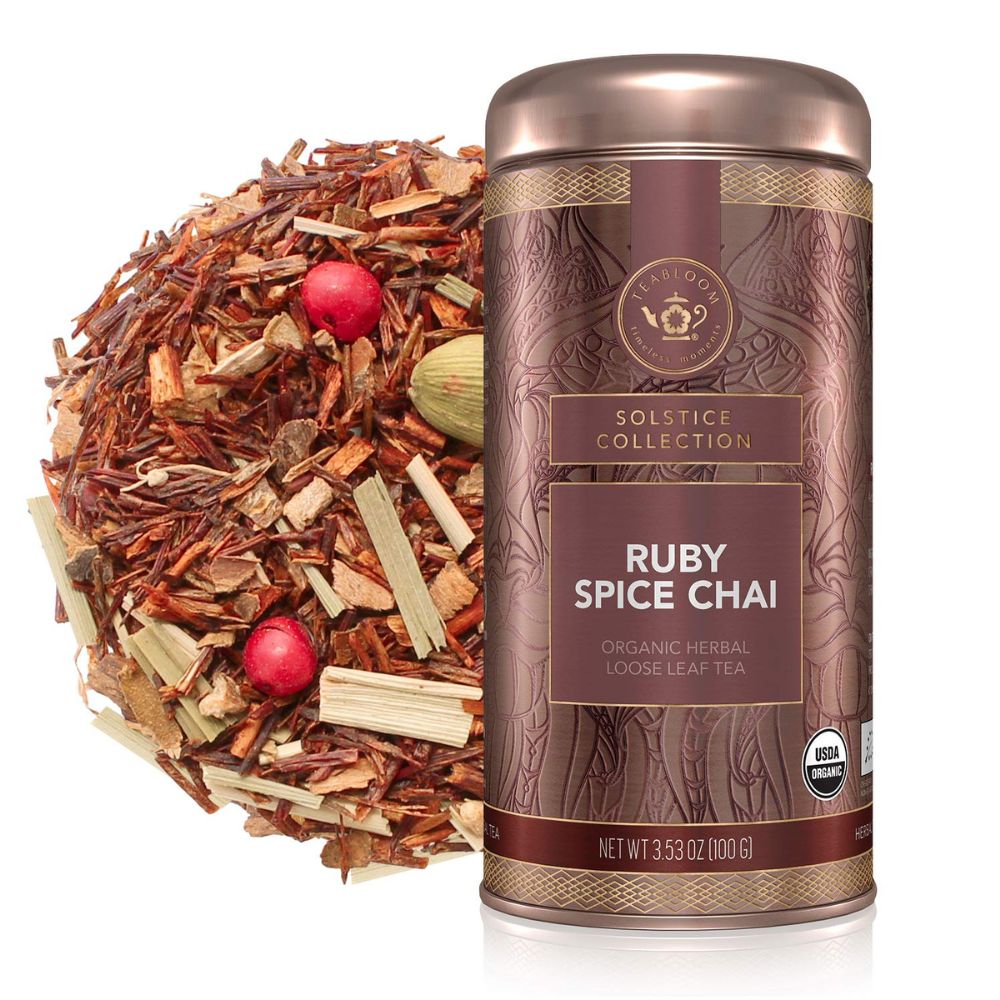
Another delicious Ruby Red Oolong Tea to have is Spice & Tea Exchange Organic Ruby Oolong Tea, produced in Thailand. It has medium caffeine content, making it the best choice if you’re seeking a beverage that will give you a buzz without the full power of caffeine.
Its organic nature is advantageous; it compliments its rich cacao, hazelnut, and cherry notes, resulting in complex flavors.
Pros
- Great flavor profile
- Different ounces to choose from
- It has an Organic Kosher certification
Cons
- Its medium caffeine might still be too much caffeine for most people
- It might be a bit pricey
3. Rishi Tea & Botanicals Ruby Oolong
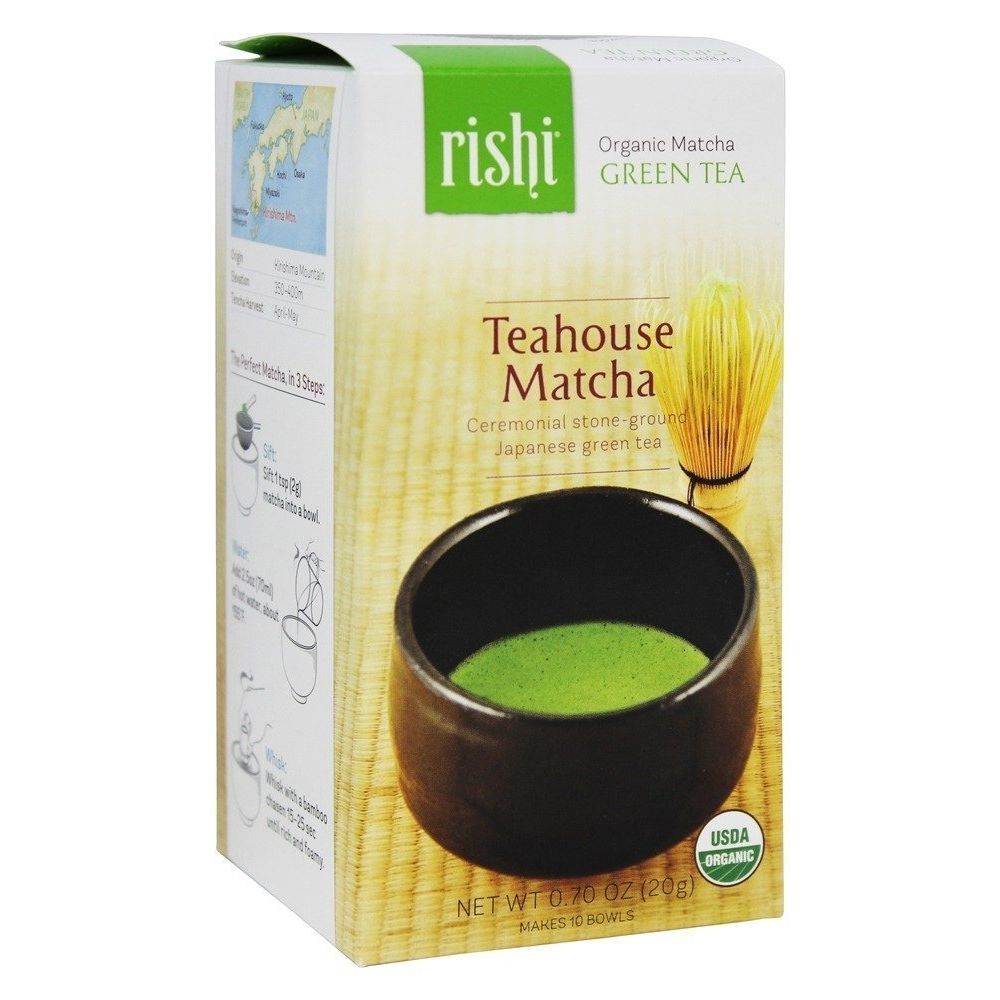
The Rishi Tea and Botanicals Ruby Oolong hits all the notes and more, which is good. It has great quality due to its growth in northern Thailand in the mountainous region of Doi Mae Salong, where the soil is soft and loamy.
It gives it a texture not found in other oolong teas.
Speaking of similarities, like the teas mentioned above, the Rishi Ruby tea is slowly baked, deeply oxidized, and a full-bodied oolong tea.
As a result, the tea has complex layers of cacao, raisins, and black cherries, all of which contribute to the tea’s delicious sweetness.
When brewed, its chocolate and deliciously sweet caramelized fruit aromas permeate the air, making it an excellent introduction to oolong tea.
Pros
- It can be brewed several times in one session
- Medium caffeine
- Warm and comforting flavors with chocolate aromas
Cons
- It might be too pricey for most people
- It may be difficult to find
4. Nepali Tea Traders Ruby Oolong Tea
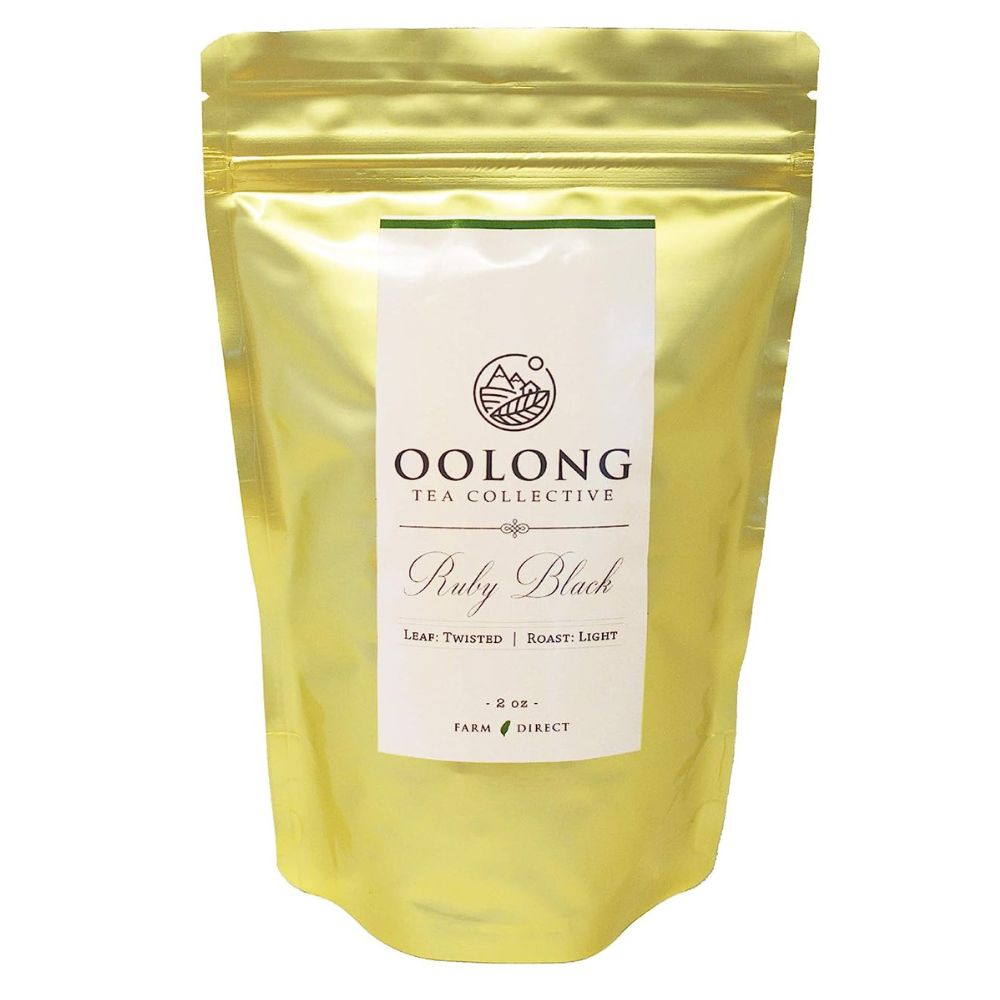
Where other tea flavors might fail, Nepali Tea Traders Ruby Oolong Tea thrives. It’s delicious, with a distinct red look and notes of nectarine, toasted pecan, and brown sugar—enough to give you an immersive experience. What’s there not to like?
Its origin is Ilam, Nepal, and it’s hand-picked in the summer at 6500 feet elevation with a 24 hours oxidation process. There’s a reason for this.
At this altitude, the constant flow of cold mist slows the oxidation process, allowing polyphenols to gradually change into flavonoids as the loose leaves slowly dry.
Another characteristic that stands out is its notes of oak and honey, which develop gradually as the tea steeps.
Pros
- Organic oolong tea
- Great oxidation process
- Interesting red ruby color
Cons
- There are just two size options to choose from
- Not the most readily available tea
Factors to Consider When Purchasing Ruby Oolong Tea
Caffeine Content
If you’re not big on caffeine and want tea with next to nothing caffeine percentage, then you should have this in mind when seeking Ruby Red Oolong Tea.
Brewing Method
If you’re new to oolong tea, check if the brand label has a recommended brewing method. There’s more to brewing teas; when overstepped, most teas become bitter. So, check the brand’s stipulated steeping time and stick to it. A good rule of thumb is to taste the tea as you brew. This way, you will know when it meets your preference.
Conclusion
Ruby Red Oolong Tea has the potential to become your favorite tea with its rich viscosity and unique sweetness. You can have it piping hot or poured over ice as iced tea; whichever way, you would still experience a great time. Of course, this depends on you purchasing great quality ruby loose leaves that can be steeped more than once.
